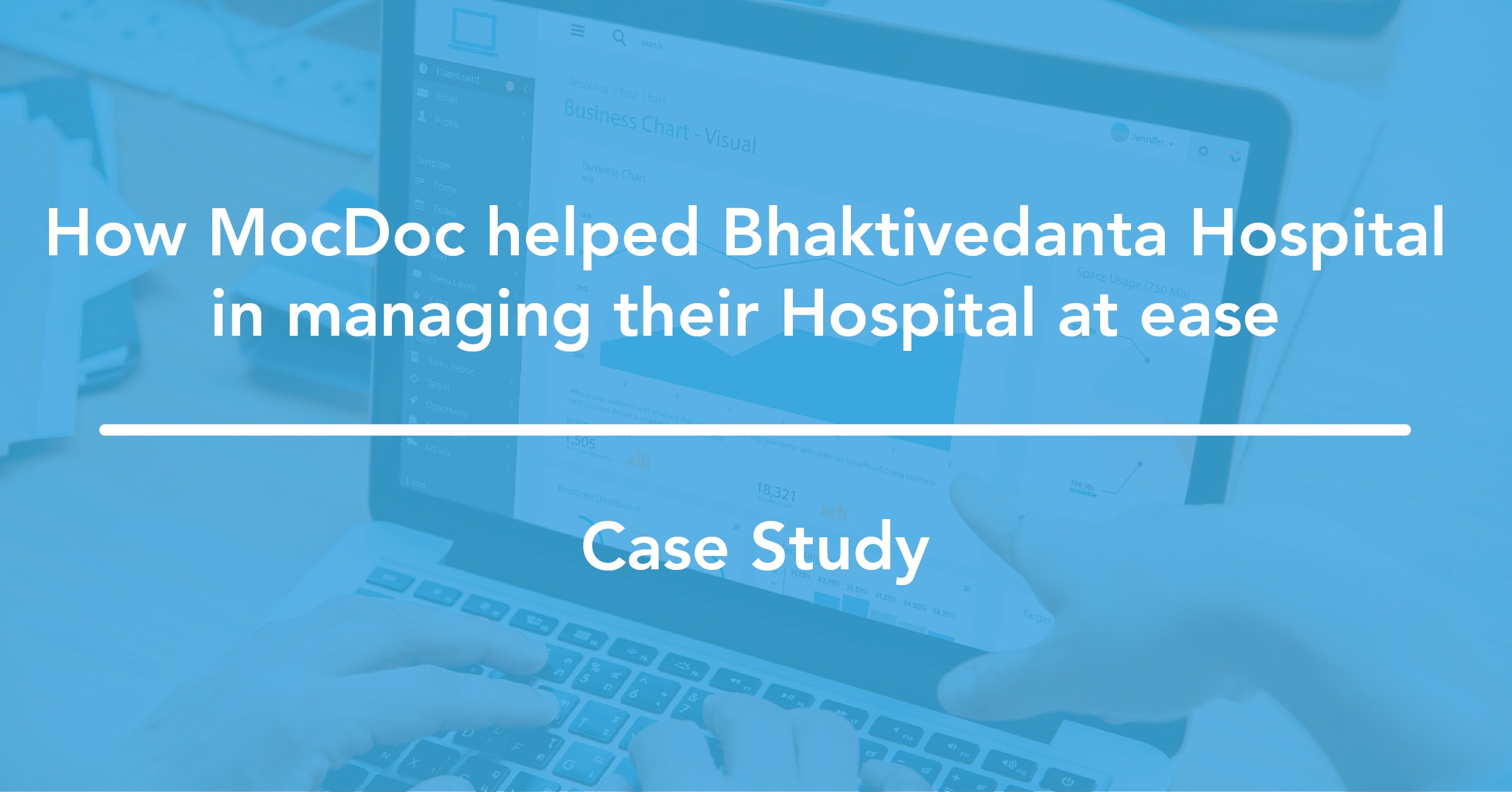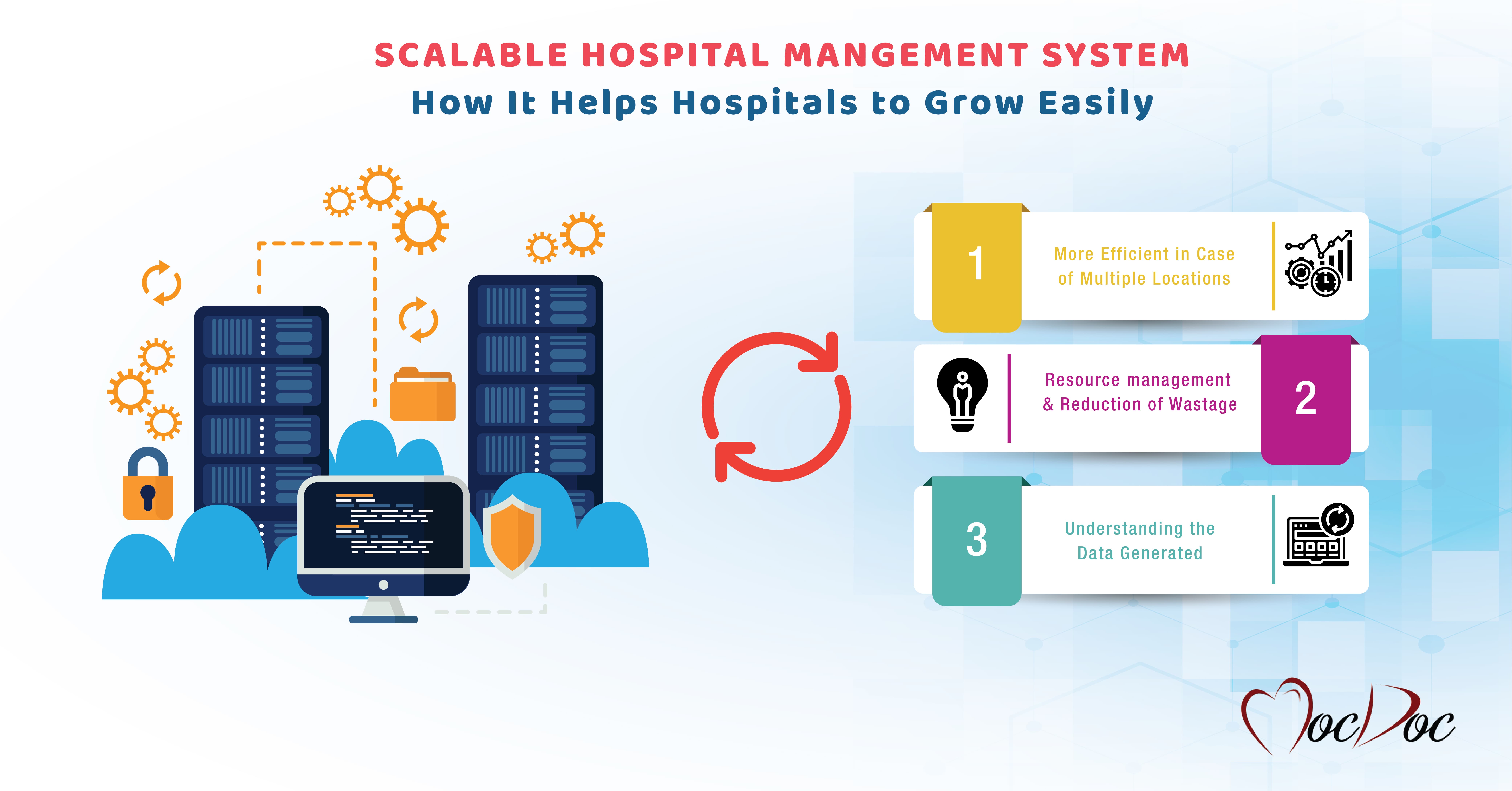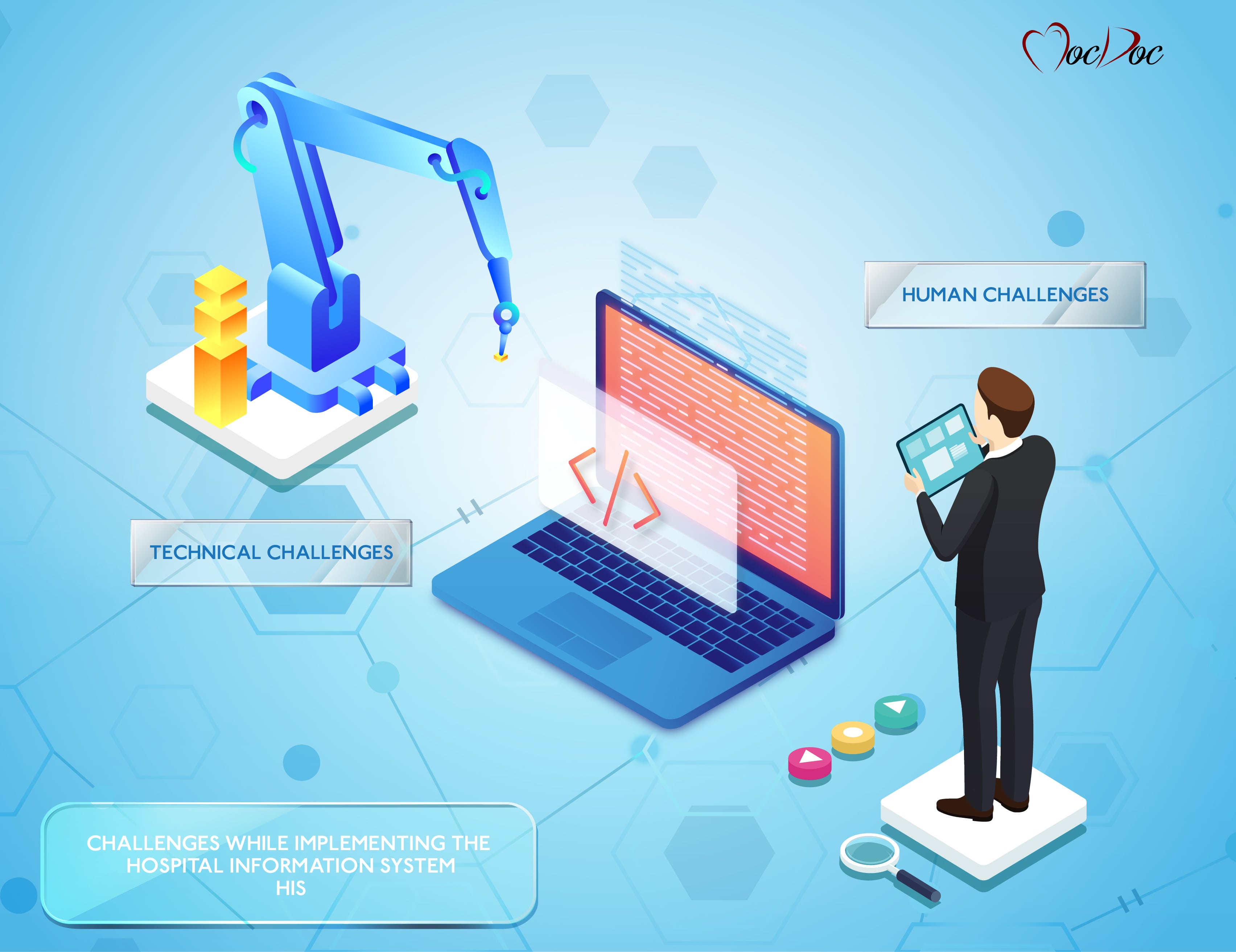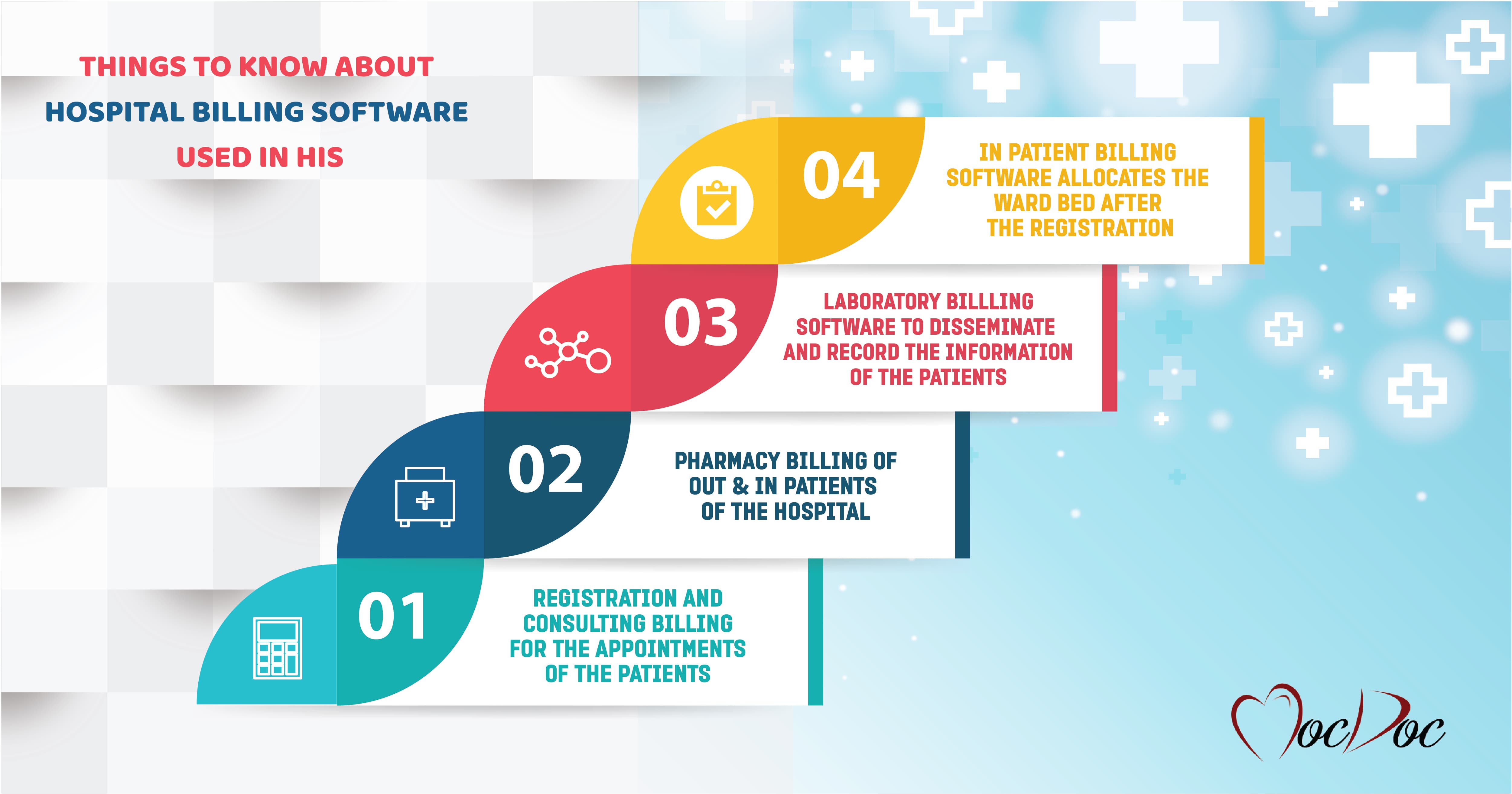MocDoc's Offerings
How MocDoc helped Bhaktivedanta Hospital - Managing their Hospital at ease
Published By
Keerthivasan
2019061517:03:29
Category HMS

Introduction
In the city of Mumbai, Bhaktivedanta Hospital has already made an eminent growth since 1998. Now Bhaktivedanta hospital is known for its Multi Specialities in various fields such as pediatrics, orthopedics, ENT, psychiatry, and much more with a gross of more than 1500 happy patients leaving each day.
Overview:
The main reason why Bhaktivedanta approached MocDoc Healthcare Solution was to overcome the problems they faced in the appointment and scheduling of patients. MocDoc HMS provided them with the exact solutions that eventually solved all their problems. The following will list out the problems Bhaktivedanta faced and how MocDoc provided helpful solutions to overcome their problems.
Appointment Scheduling
Bhaktivedanta Hospital was using offline software to book appointments which caused them problems in appointments and scheduling, Adding to it they were still following the traditional practice of pen-paper which at times led to incorrect patient details.
MocDoc approached them with a solution by making Bhaktivedanta Hospital’s appointment scheduling effortless. We provided them with a “White labeled application” which was exclusively provided to the hospital to reduce workload and it made them produce good results in terms of managing patients and their appointments at the hospital. Our “Anytime Anywhere” accessing concept helped them to achieve excellence.
Interdepartmental Communications
Bhaktivedanta Hospital had plenty of departments operating it so the departments in the hospital were in need of proper communication between them and also the information needed to be carried out without leading to any miscommunications.
That’s where MocDoc helped Bhaktivedanta by providing a feature known as “Timeline View” which indeed helped the hospital to keep track of patient flows inside the hospital, and also helped the doctors to follow up on the patients based on their treatment. This made communication clear and patient details were tracked down easily without any misinterpretation.
Booking for VIPs & Emergency Patients
Managing VIPs around the city seemed difficult for Bhaktivedanta Hospital. This led to a situation where the hospital and the patients found a hard time Communicating. They were also facing a few difficulties in appointing and scheduling emergency patients.
That’s where MocDoc stepped in and offered a solution by providing restricted access to VIP appointments at the hospital, where the staff will be responsible for booking appointments for vips and emergency patients without any delays or difficulties. So through this we also ensure the privacy of the patients arriving at the hospital and also the waiting time of the patients was drastically reduced.
Managing the Queue
Bhaktivedanta Hospital was facing difficulties with its queue management. For instance, there was a lot of confusion in deciding if the patients having appointments or if patients holding tokens should be given preference since the hospital was following the call and token system. So the hospital faced some issues in managing Queues.
After implementing MocDoc HMS software each and every appointment was perfectly scheduled in order. These appointments are viewed by the staff who is in charge of the appointment section. Also, we provided additional features which made them classify patients based on their needs, this reduced the workload drastically.
Payment Processing System
Since Bhaktivedanta had offline software for appointment scheduling, processing payments online was not possible also Bhaktivedanta followed Manual procedures for appointment scheduling and payment processing. This was difficult for Bhaktivedanta to keep track of information about patients and payment details.
MocDoc helped Bhaktivedanta by providing a payment gateway for the patients through which they were able to make payments and Bhaktivedanta found it easy to manage patients' transaction details. Even MocDoc allowed the patients to make multiple appointments and at the same time maintain privacy in the transaction.
Benefits :
Appointments are made easier by patients from anywhere
Human-Error is completely removed
Payments were made much easier and more secure by patients
Problems with the administration were completely restored by MocDoc
MIS Reports for OP Management and hospital Management were implemented to track doctors and patients.
Both patients and the Hospital gained satisfaction in using MocDoc HMS
Result:
By using MocDoc HMS Bhaktivedanta Hospital has improved its appointment and scheduling operations. We also helped them resolve their minor and major problems among patients with the help of our trained team. Thus in a world full of competition, MocDoc always pursues to attain Customer satisfaction.
Related Articles
Scalable Hospital Management S...
Hospitals are rarely a single department ent..... Read more
Challenges while implementing ...
Hospital Management System has been use..... Read more
Hospital Management System Dem...
When you decide to implement a hospital management..... Read more
Things to know about Hospital ...
Billing software is one of the essential software ..... Read more



